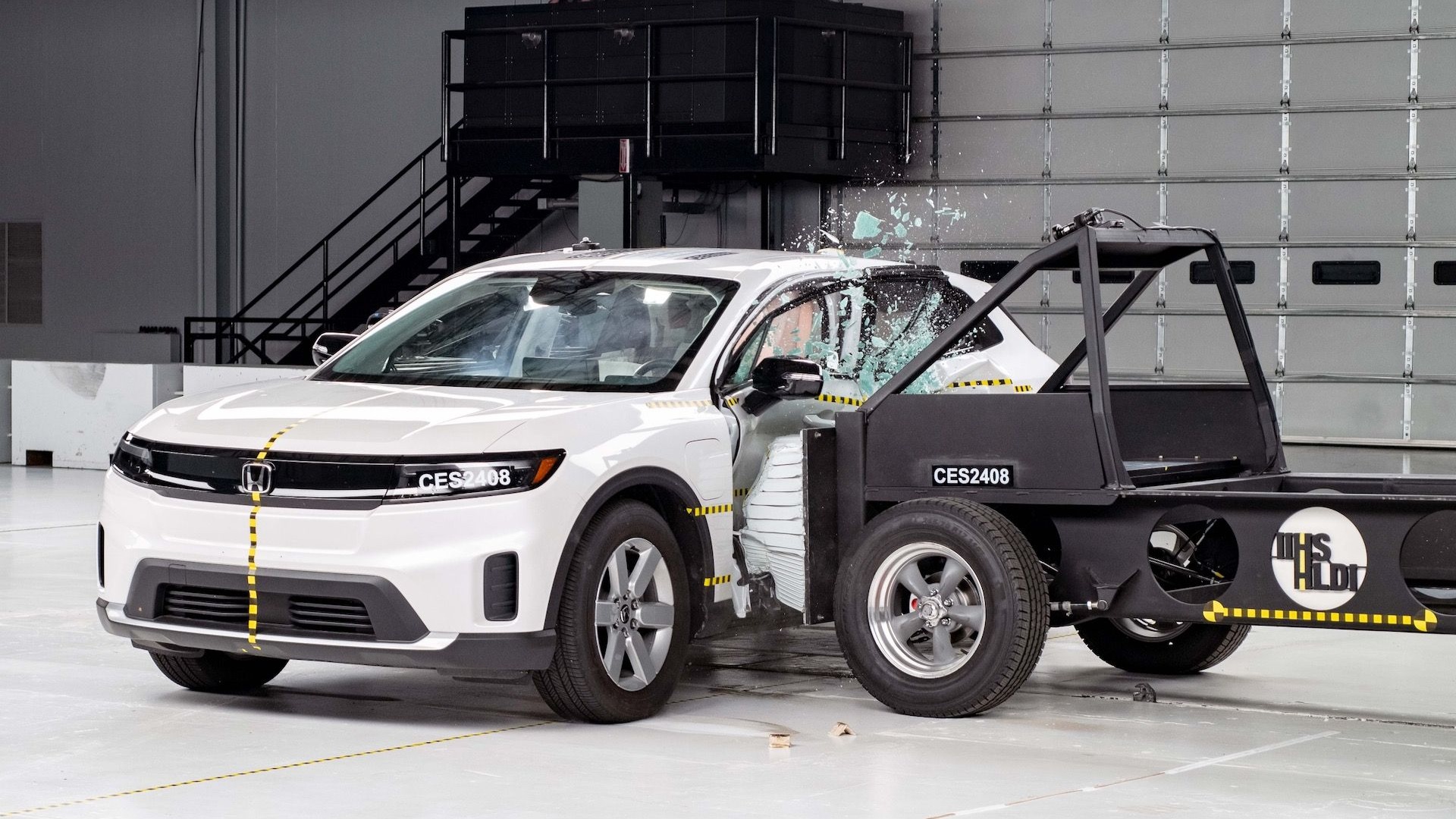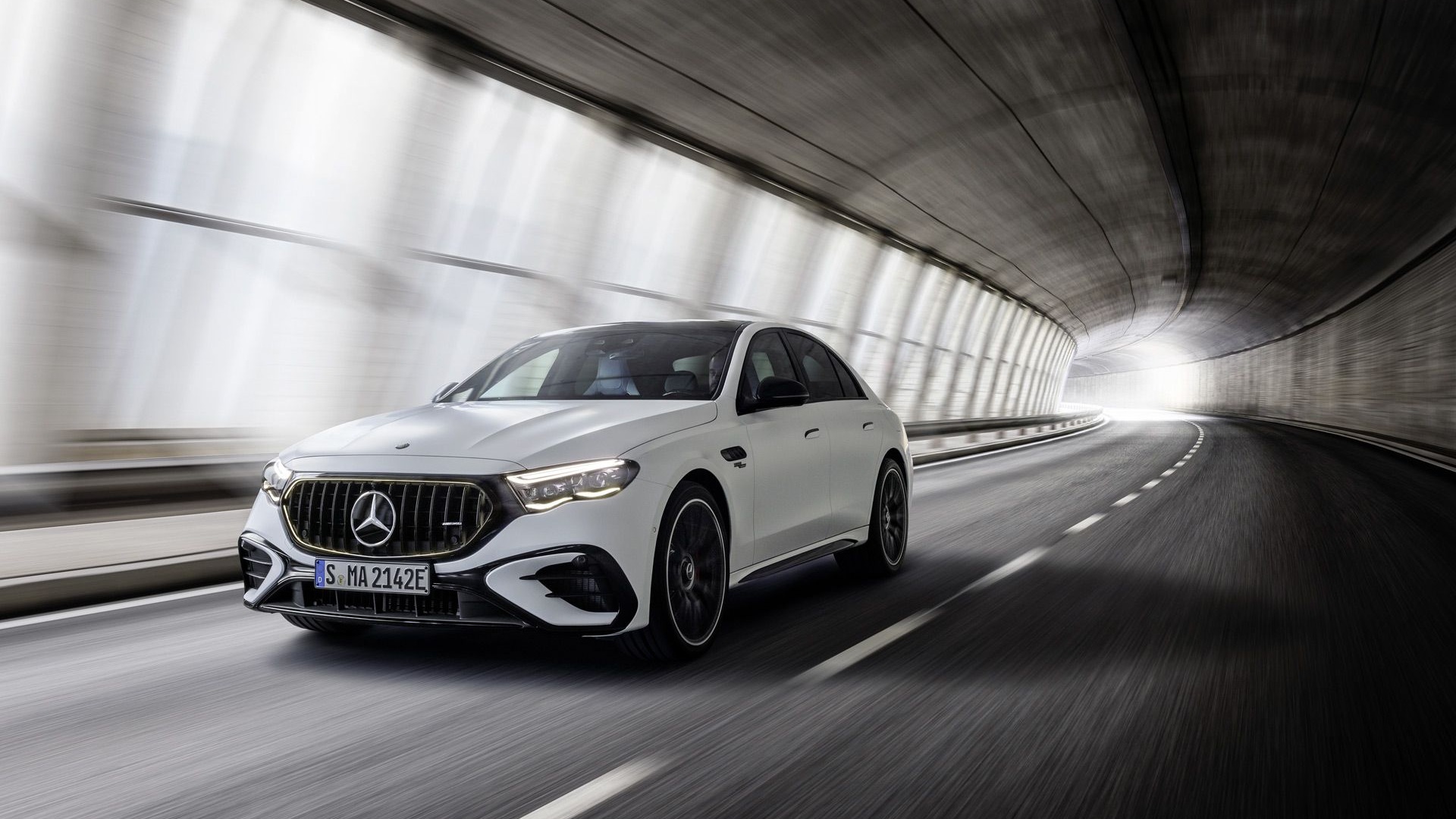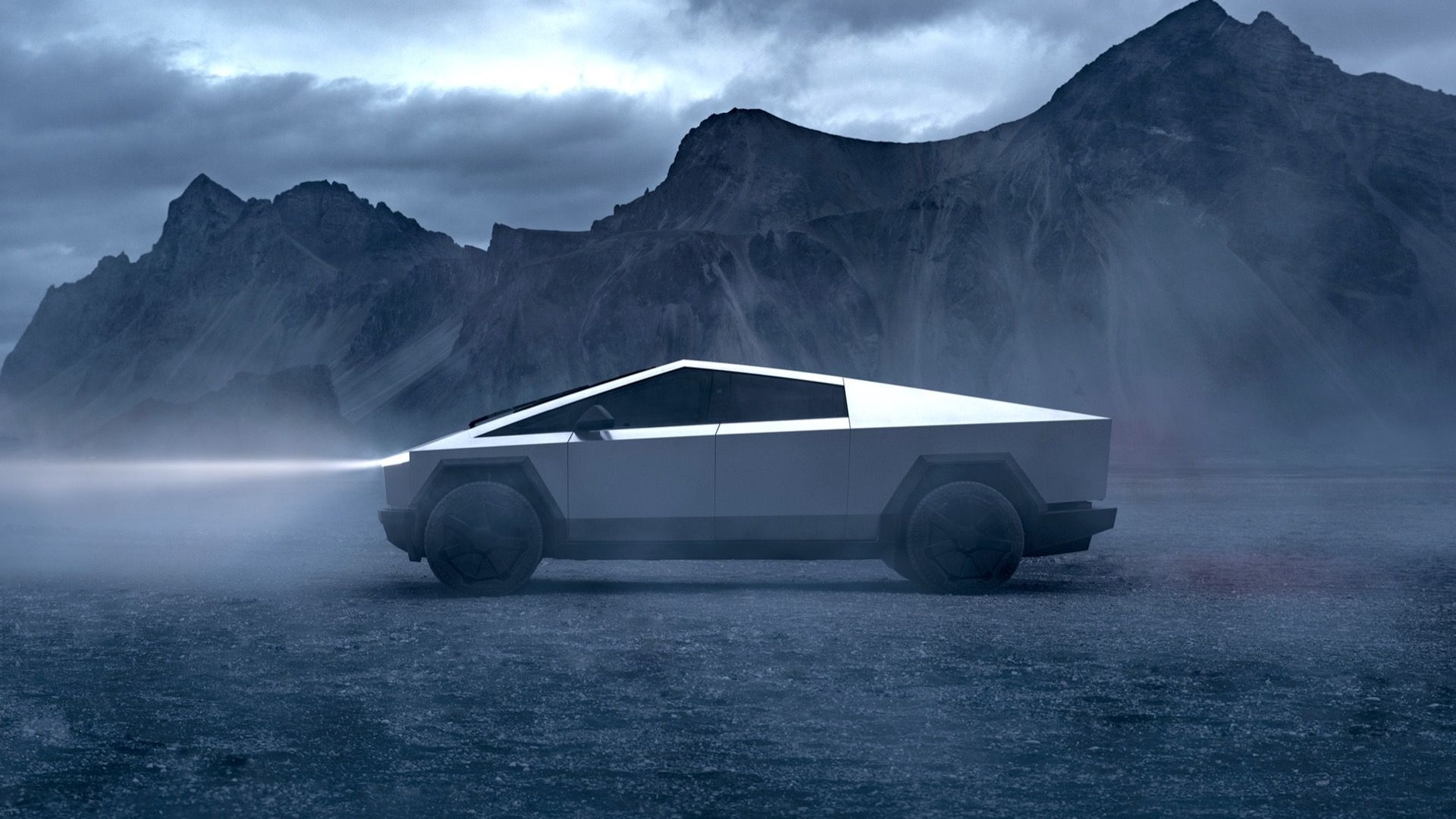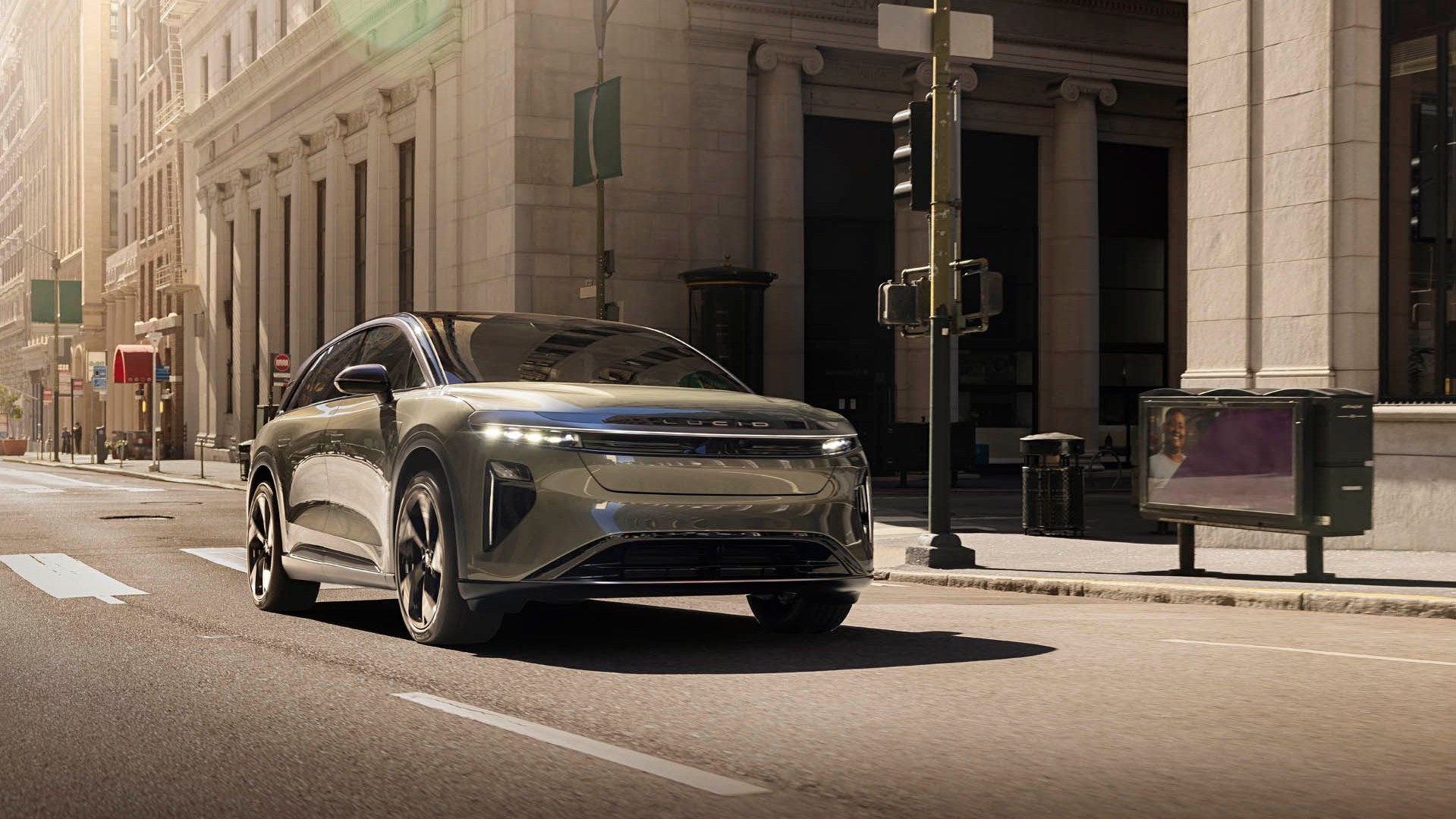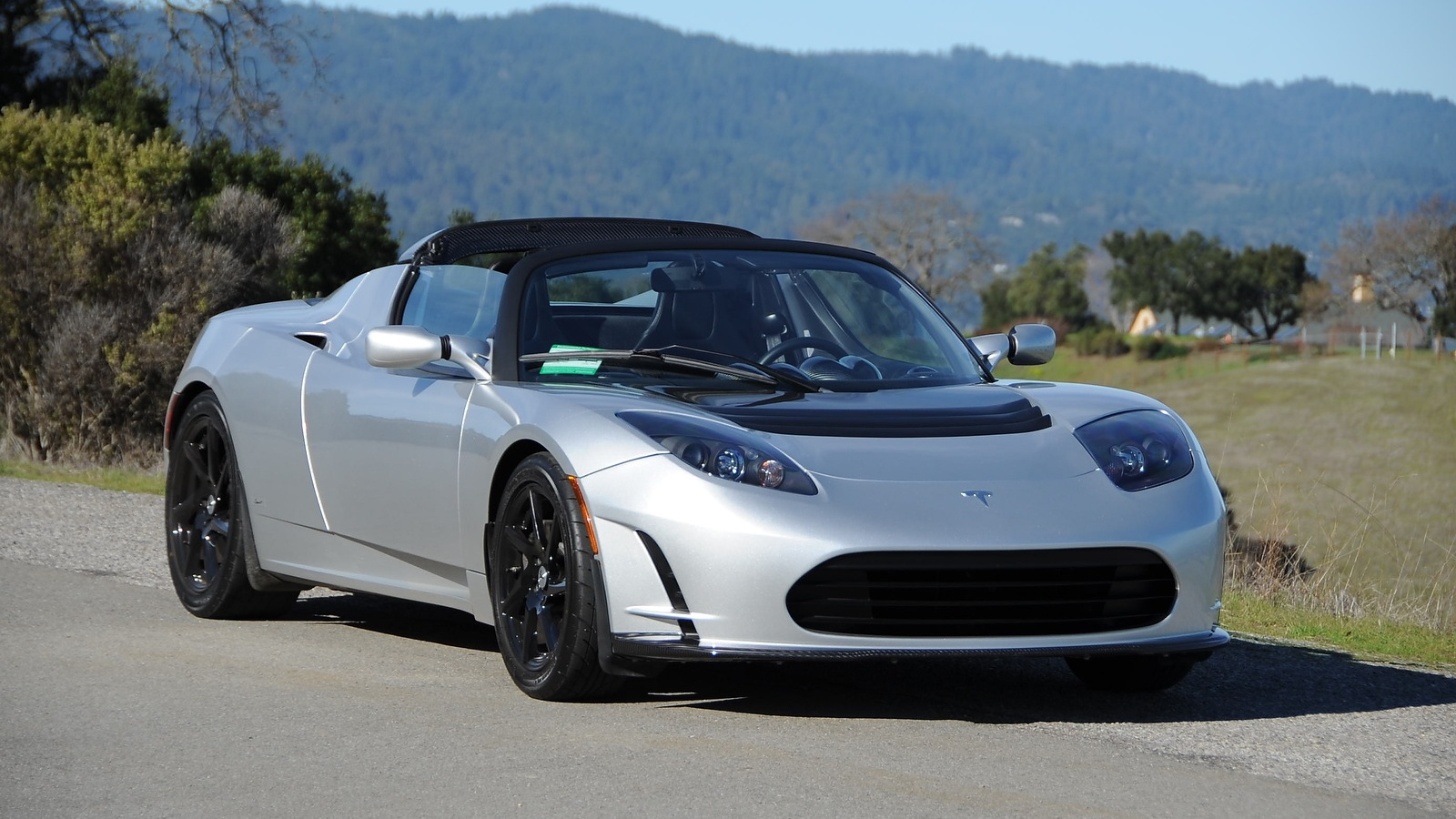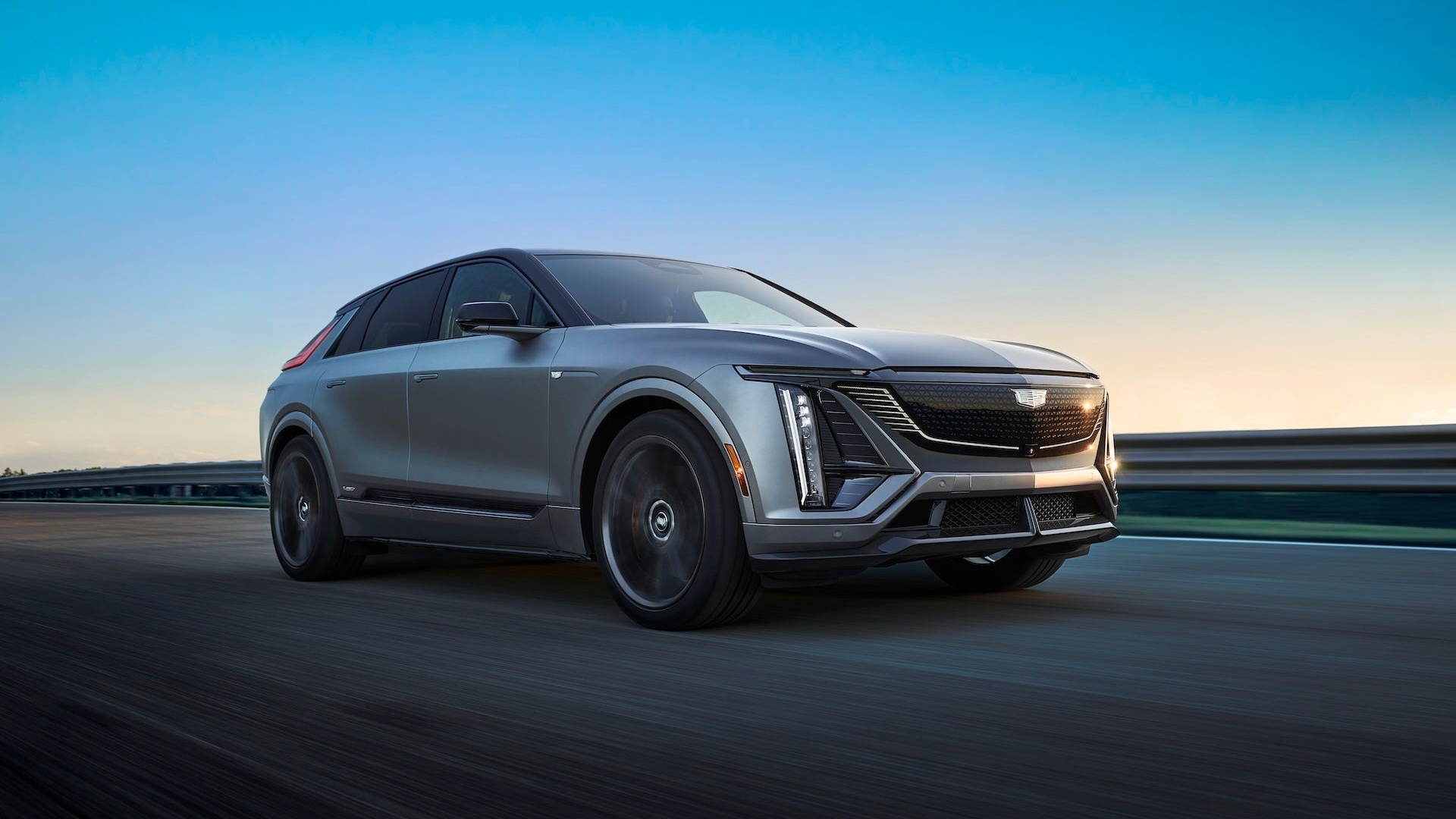Two recently introduced electric SUVs have earned high safety ratings from the Insurance Institute for Highway Safety (IIHS). The 2021 Volvo XC40 Recharge got the highest IIHS Top Safety Pick+ rating, while the 2021 Ford Mustang Mach-E was named a Top Safety Pick by the organization.
Both EVs earned top "Good" scores in all six IIHS crash-test categories, which is required for the Top Safety Pick rating. To earn the "plus," vehicles must also have headlights rated "Good" or Acceptable" available on all trim levels—a box only the Volvo ticked.
Headlights on all XC40 Recharge trim levels achieved the "Good" score, but the headlights on the Mach E Select and California Route 1 trim levels were rated "Marginal," preventing it from earning the added "plus." Headlights on the Mach-E GT, Premium, and First Edition trim levels received "Good" scores, however.
The IIHS also rates front-crash prevention technology. The XC40 Recharge earned the highest "Superior" rating for vehicle-to-vehicle collision prevention, and "Advanced" for vehicle-to-pedestrian collision prevention. The Mach-E's front-crash prevention tech received a "Superior" rating in both tests.
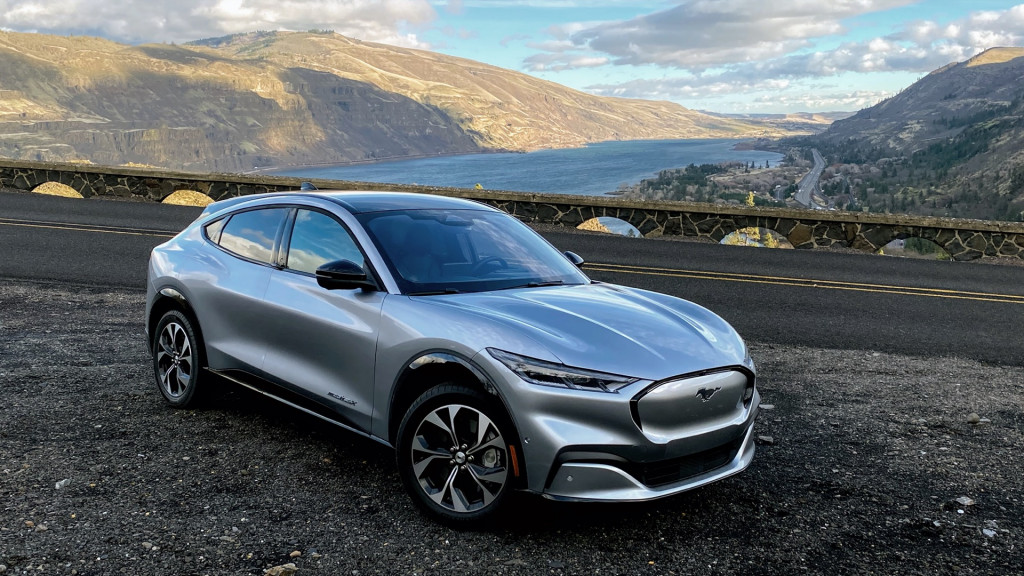
2021 Ford Mustang Mach-E
The Audi E-Tron was the first electric car to get top safety ratings from both the IIHS and the National Highway Traffic Safety Administration (NHTSA), earning a Top Safety Pick+ rating from the IIHS, and a five-star safety rating from the NHTSA. Those ratings carry over to the Audi E-Tron Sportback variant.
The Tesla Model 3 was named a 2021 IIHS Top Safety Pick+, an award it first received in 2019. The Model 3 has also done well in European crash tests.
Tesla has been quick to tout the crash-test performance of vehicles (sometimes in ways the NHTSA has taken issue with), but a study from the IIHS-affiliated Highway Loss Data Institute also helps make the case for EV safety. Between 2011 and 2019, rates of injury claims to insurance companies for drivers and passengers of electric cars was more than 40% lower than for comparable internal-combustion models.
However, the National Transportation Safety Board (NTSB) has noted that first responders need more training on EV fires. That became clear after a recent Tesla crash in Texas that killed two people. Firefighters unable to douse a battery-pack fire reportedly had to call Tesla for guidance.


